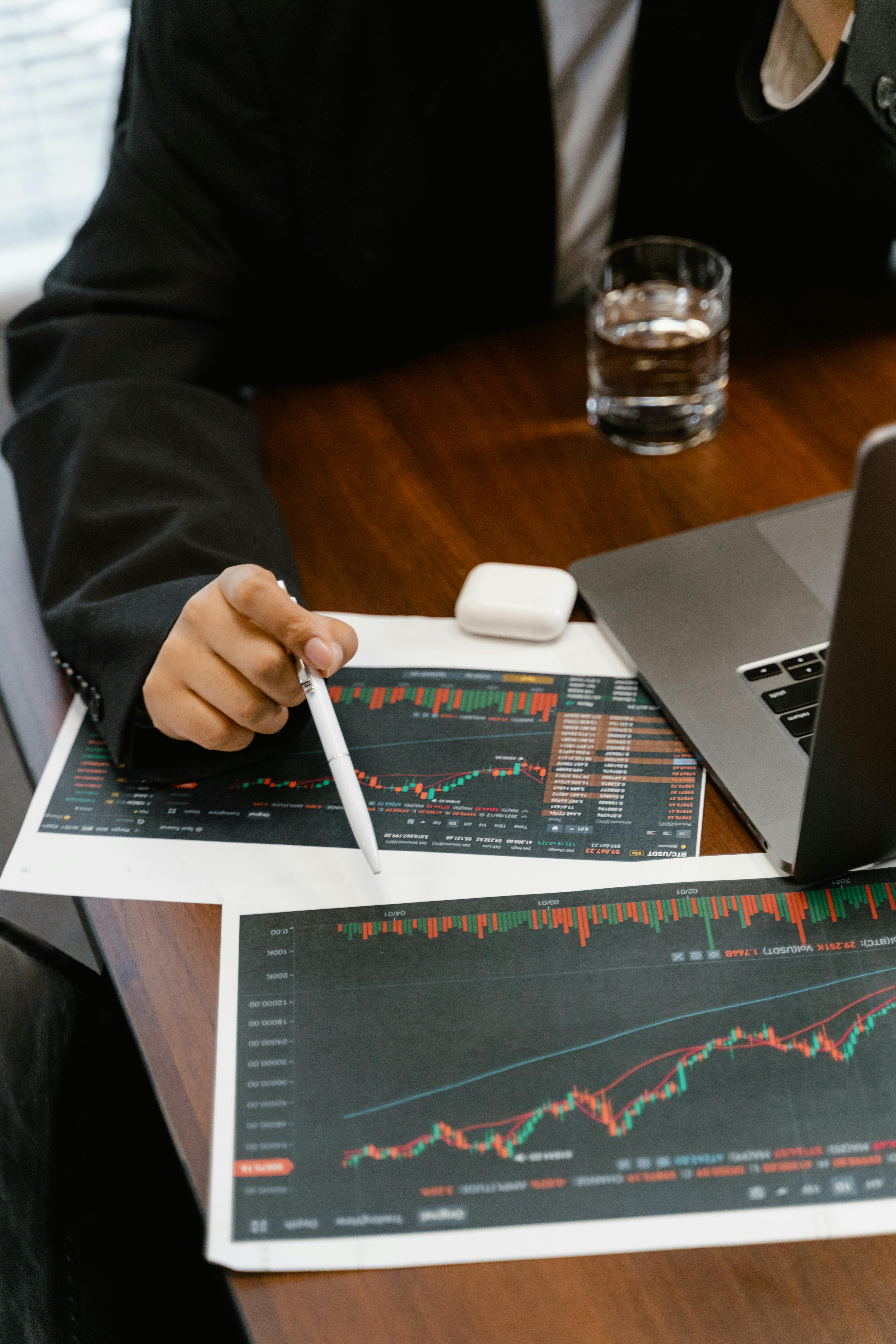
Tokenization of Commodities and Natural Resources: Revolutionizing Investment through Blockchain Technology
Tokenization of Commodities and Natural Resources: A Comprehensive Analysis
Understanding Commodity Tokenization in the Digital Economy
Tokenization of commodities and natural resources represents a groundbreaking technological innovation that leverages blockchain infrastructure to transform traditional asset management and investment strategies. This emerging paradigm enables fractional ownership, enhanced liquidity, and global accessibility for historically illiquid assets such as precious metals, agricultural products, energy resources, and mineral reserves.
Technical Framework and Blockchain Infrastructure
The technological foundation for commodity tokenization relies on sophisticated blockchain protocols that enable secure, transparent, and immutable digital representations of physical assets. Smart contracts play a critical role in establishing ownership rights, facilitating automated transactions, and ensuring compliance with complex regulatory requirements across multiple jurisdictions.
Key Tokenization Protocols and Platforms
Top Commodity Tokenization Platforms
- RWA Finance: Specializing in real-world asset tokenization with advanced compliance mechanisms
- Securitize: Enterprise-grade tokenization platform with robust legal infrastructure
- Harbor: Comprehensive regulatory compliance solution for digital asset securities
- Polymath: Blockchain platform focusing on security token offerings
Regulatory Landscape and Jurisdictional Considerations
Tokenization of commodities requires intricate navigation of international regulatory frameworks. Different jurisdictions present unique challenges and opportunities:
United States
SEC regulations mandate strict compliance for digital securities, requiring comprehensive documentation and investor accreditation.
Swiss Regulatory Environment
Switzerland offers progressive blockchain legislation, providing favorable conditions for tokenization projects with robust legal protections.
Cayman Islands and British Virgin Islands
These offshore financial centers provide flexible regulatory environments conducive to digital asset innovation.
Market Statistics and Investment Trends
| Year | Total Tokenized Asset Value | Annual Growth Rate |
|---|---|---|
| 2022 | $2.3 Billion | 45% |
| 2023 | $4.7 Billion | 104% |
| 2024 (Projected) | $9.5 Billion | 102% |
Source: Global Blockchain Research Institute, 2024
Technological Advancements and Future Implications
Emerging technologies such as zero-knowledge proofs, advanced cryptographic mechanisms, and cross-chain interoperability are rapidly enhancing the tokenization ecosystem. These innovations promise increased transaction efficiency, reduced intermediary costs, and unprecedented transparency in commodity trading.
Risk Management and Compliance Strategies
Successful commodity tokenization requires comprehensive risk management protocols, including:
- Advanced KYC/AML verification processes
- Real-time asset valuation mechanisms
- Sophisticated smart contract auditing
- Continuous regulatory compliance monitoring
Impact on Global Investment Dynamics
Tokenization democratizes access to traditionally exclusive investment categories, enabling retail and institutional investors to participate in commodities markets with unprecedented flexibility and reduced entry barriers.
RWA.codes: Your Tokenization Partner
At RWA.codes, we specialize in developing cutting-edge tokenization solutions that bridge technological innovation with robust legal frameworks. Our multidisciplinary team of blockchain architects, legal experts, and compliance professionals delivers end-to-end tokenization strategies tailored to your specific requirements.